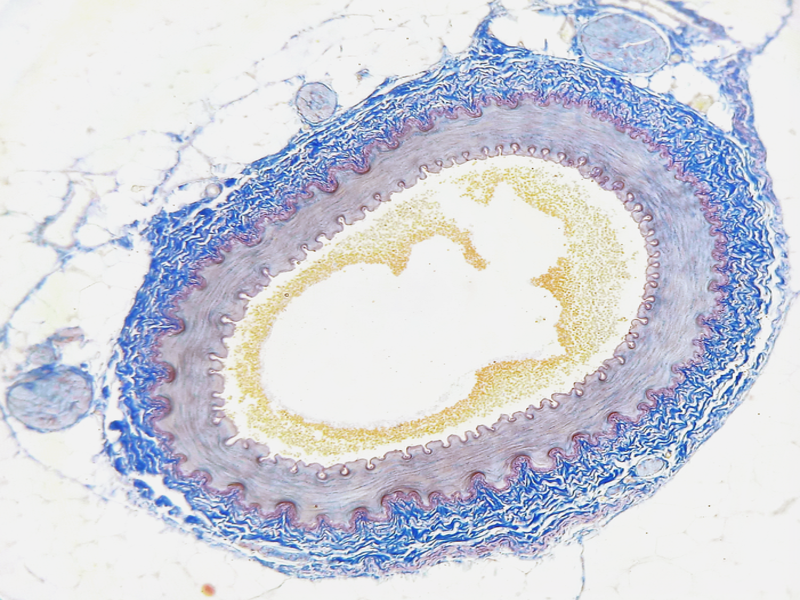
Biopharmaceutical firm Symic Bio has completed enrolment in its Phase I/IIa (SHIELD) clinical trial of SB-030 to treat patients with peripheral artery disease.

Discover B2B Marketing That Performs
Combine business intelligence and editorial excellence to reach engaged professionals across 36 leading media platforms.
SB-030 is being developed as a locally administered, single-use treatment during cardiovascular procedures.
The SHIELD trial has enrolled a total of 67 patients with symptomatic peripheral artery disease.
The parallel, blinded, randomised proof-of-concept Phase I/IIa trial will evaluate the safety and efficacy of SB-030 in multiple sites within Australia and New Zealand.
Symic Bio chief medical officer Nathan Bachtell said: “We’re pleased to have reached this critical development milestone for SB-030.

US Tariffs are shifting - will you react or anticipate?
Don’t let policy changes catch you off guard. Stay proactive with real-time data and expert analysis.
By GlobalData“SB-030 represents a pioneering matrix biology approach for addressing restenosis after vascular interventions, a prevalent and costly complication that is inadequately addressed by current therapies.”
SB-030 is designed to minimise platelet binding and activation to the injured vessel wall observed during vascular procedures, in addition to the decrease of inflammation and restenosis caused by scar tissue (neointimal hyperplasia).
The trial will compare the safety and efficacy of balloon angioplasty with or without the administration of SB-030 in patients undergoing angioplasty for the decrease of blood flow (occlusions) within the femoral artery.
The primary objective is to measure the late lumen loss at six months, which is a standard measure of restenosis during vascular injury, along with evaluation of clinically relevant outcomes such as target lesion revascularisation.
It is expected that the top-line results from the trial will be reported in the fourth quarter of this year.
Image: Cross of a human artery. Photo: courtesy of Lord of Konrad / Wikipedia.





